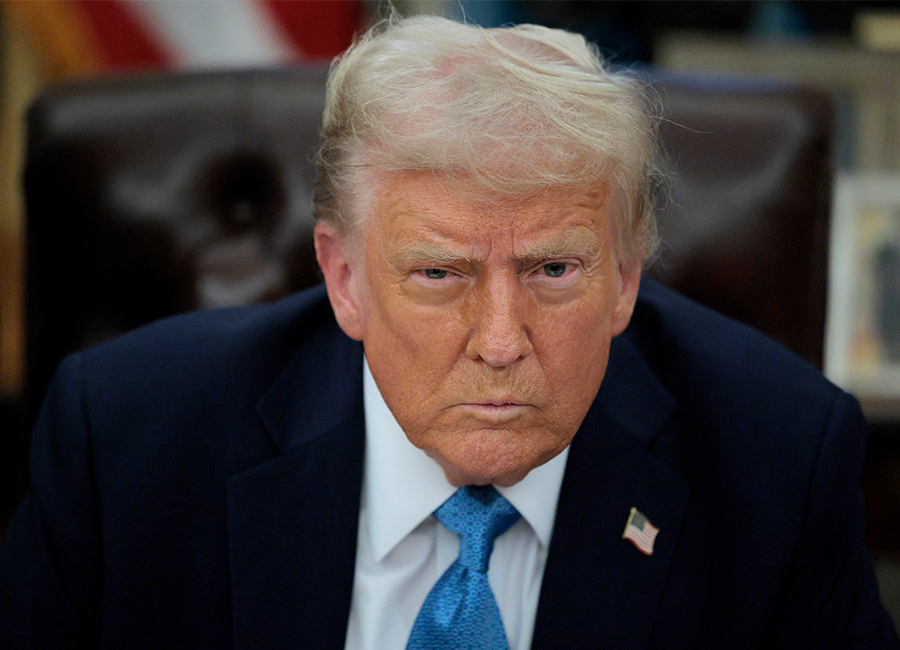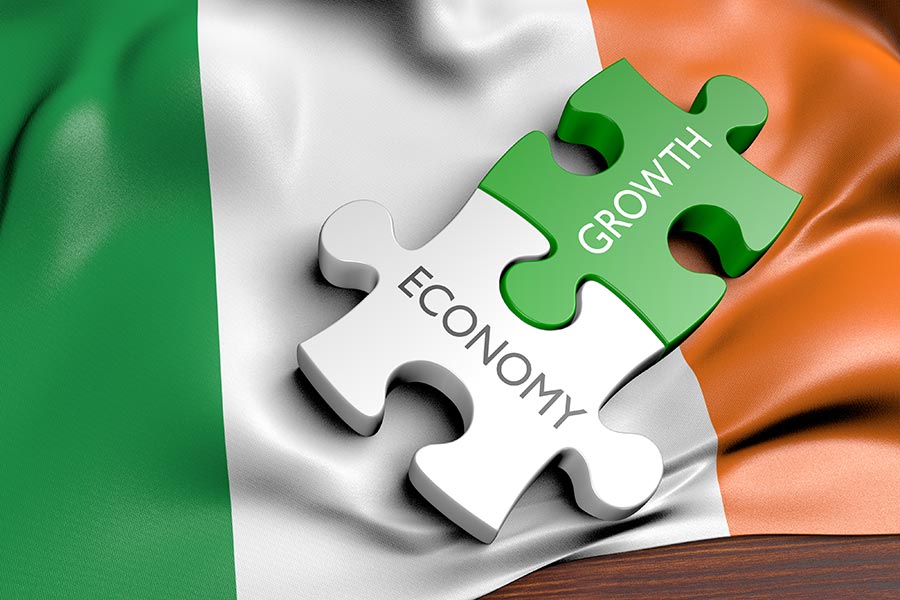Irish small businesses would face "limited exposure" in the event that the EU imposes retaliatory tariffs as part of a trade war with the US, according to a flash survey by the Irish Small Firms Association (ISME).
Despite Brexit, the UK remains the largest market for exports as well as the largest source for imports for Irish SMEs, and ISME has called on the government to strengthen Ireland's trading relationship with Britain.
Three in 10 (29.1%) SMEs engage in exports outside of Ireland, with 66% of exporting SMEs identifying the UK as their top export destination by value and 37% selecting US.
Most SMEs are small-scale operators, and the majority (54.3%) export less than €250,000 per year. A further 11.4% export €250,000 to €500,000 per annum while a fifth (20%) export €500,000 to €1m.
Some 8.6% of SMEs export €1m to €5m per year and 5.7%, or around one in 16 small businesses, said they export more than €5m.
Three-quarters (74%) of Irish SMEs rely on imports, and the majority of them (57%) source their goods from the UK, while 19% import from the US, which ISME suggested would mean that SMEs would face limited exposure to EU-imposed tariffs on US imports.
However, the specific composition of these imports is yet to be analysed. Most SMEs are small importers, with 43% importing goods valued at less than €250,000 annually while 18.9% import €250,000-500,000 per year. Some 13.5% of SMEs import €500,000 to €1m, 21.6% import €1m to €5m, and 2.7% €5m+.
“What remains clear in this survey is that despite Brexit, the UK remains of systemic importance to Irish SMEs," said Neil McDonnell, CEO of ISME.
"While ISME is hopeful that the impacts of a tariff war with the US can be avoided, a priority for the Irish government must be to ensure that the impact on essential imports for SMEs are minimised, and that the relationship with the UK post-Brexit is sustained and further strengthened.”
US President Donald Trump has said he will introduce 25% tariffs on steel and aluminium imports later this week in a move that will most drastically impact Canada, Brazil and Mexico.
Trump has delayed the imposition on tariffs of 25% on all imports from Mexico and Canada, but tariffs of 10% on goods from China have come into effect, and Beijing has responded with tariffs of its own.
Speaking last week, Trump said he could effect tariffs on EU goods "pretty soon". In response to reports Trump's steel and aluminium tariffs, the European Commission has said it has "received any official notification regarding the imposition of additional tariffs on EU goods.
"We will not respond to broad announcements without details or written clarification. The EU sees no justification for the imposition of tariffs on its exports. We will react to protect the interests of European businesses, workers and consumers from unjustified measures," the Commission said in a statement.

"In general: The imposition of tariffs would be unlawful and economically counterproductive, especially given the deeply integrated production chains the EU and US established through Transatlantic trade and investment. Tariffs are essentially taxes.
"By imposing tariffs, the US would be taxing its own citizens, raising costs for business, and fuelling inflation. Moreover, tariffs heighten economic uncertainty and disrupt the efficiency and integration of global markets."
(Pic: Getty Images)











